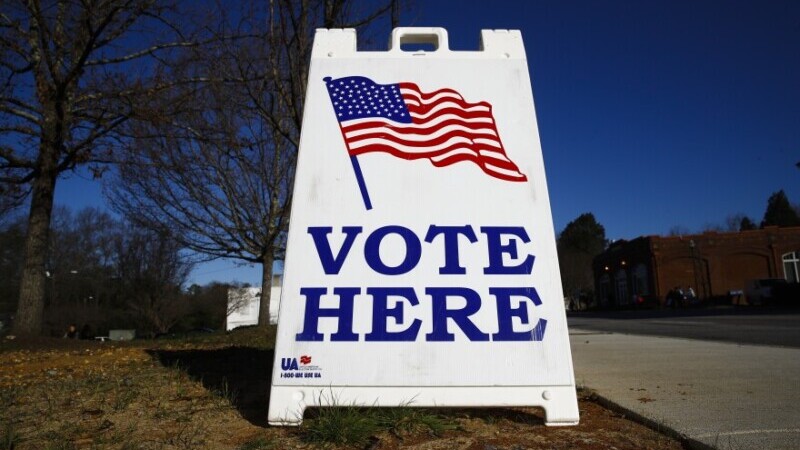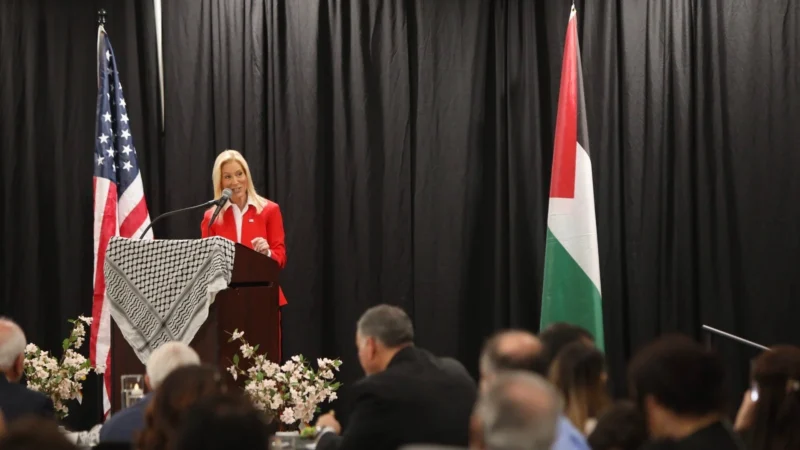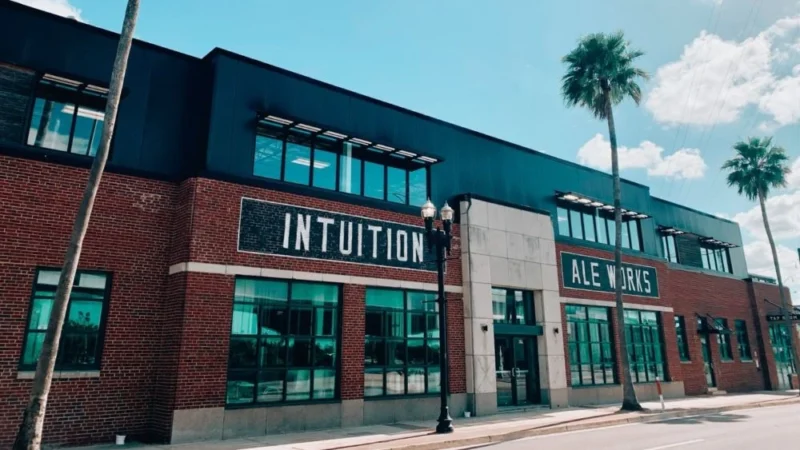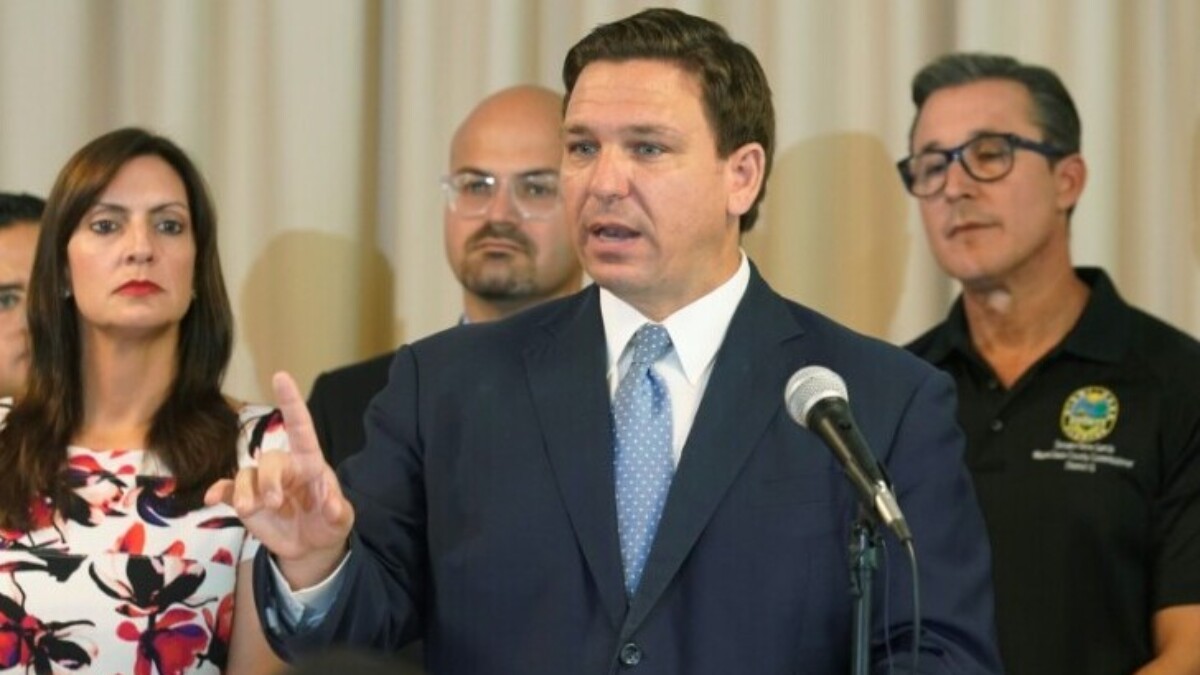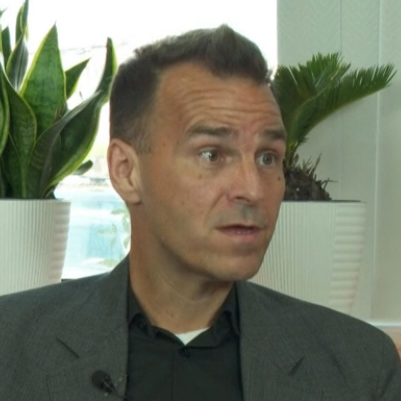
T.S. Eliot famously posited that “April is the cruelest month.” This tells us that he didn’t follow primary politics in Florida, because if he did, he would know the real brutality comes in August.
Local general elections often aren’t in doubt, as was underscored recently when election expert Larry Sabato went ahead and declared the 4th Congressional District “safe Republican” last week. But our primary elections? A different matter.
These are very often riddled with conflict: sometimes ideological, but usually personal.
This year adds a wrinkle that drives even more narrative. The preponderance of open seats in the state Senate and House, driven by redistricting, has created a bunch of nasty August slobberknockers.
Primary among them: the Democratic donnybrook in state Senate District 5, where political veterans Tracie Davis and Reggie Gaffney are slugging it out like they both think they’re behind on points with one round left.
Davis’ political committee hit Gaffney with a mailpiece this week, saying that he’d taken roughly $380,000 from GOP interests and was “basically a Republican.” You may have seen it in your mailbox, with an image of Gaffney set between Ron DeSantis and Donald Trump.
Gaffney’s committee has punched back, meanwhile, with a mailpiece hitting Davis for voting for the state budget in 2017, which saw negotiated health care spending cuts. She wasn’t alone: that budget passed the House by a 98-14 vote, meaning that roughly two-thirds of Democrats voted for it.
And Gaffney’s backing that up with a TV spot blasting Davis for the vote. He’s also got text messages out vowing to defend against “MAGA Republicans.” The result of all this will be to muddy the waters, countering Davis’ narrative and effectively neutralizing it.
As the saying goes, all is fair in love and primary politics.
State House GOP primary races are also brutal with a capital B this year.
The most interesting battle in the area, however, is one that Gov. DeSantis is heavily staked in, to the detriment of two veteran pols.
In House District 16, which includes the beach communities and much of eastern Jacksonville, DeSantis backs Kiyan Michael, an ”Angel Mom” whose son was struck and killed years ago by a car driven by an undocumented immigrant.
The endorsement last week came as a surprise to some, but to those who follow DeSantis closely, it wasn’t a total shock. Michael has been an ally of DeSantis’ in his continuing crusade against illegal immigration, and there were no clear links between DeSantis and political veteran Lake Ray, a former legislator who has been running for office for decades, or between DeSantis and Chet Stokes, a Jacksonville Beach city councilman who has struggled amid various scandals in recent weeks.
Stokes and Ray have spent a lot of time and money trying to convince voters of why the other one is unfit to serve, and effectively did the work for Michael of discrediting her better-known and better-funded opponents. The hits on Ray are quotidian: He’s been in politics for a long time; he rented office space from himself for his legislative office.
Stokes has dealt with tougher material. During this campaign, his lack of a claimed college degree from Auburn came to light. So did a series of social media posts in which he made light of his own impaired driving, and other such character attacks. The irony is that Stokes had the lion’s share of endorsements from other beach politicians and establishment types before all this came out.
Stokes and Ray may not have ever had a shot at a DeSantis endorsement, but it’s hard not to shake the feeling that their mutual character assassination helped to make DeSantis’ decision easier. The governor’s political committee, Friends of Ron DeSantis, gave Michael’s committee $50,000. Expect more stretch-run money to land here on Michael’s behalf. DeSantis likes candidates who are loyal to him, and Michael has demonstrated that.
You’ll notice the positive ads and messaging have largely given way to attacks and contrast spots, as they always do when the stakes are this high.
Gerrymandered seats lead to primary purity tests, and candidates are far more likely to face a challenge in August than in November, when maps drawn by current legislatures have removed drama from most fall elections that aren’t statewide.



